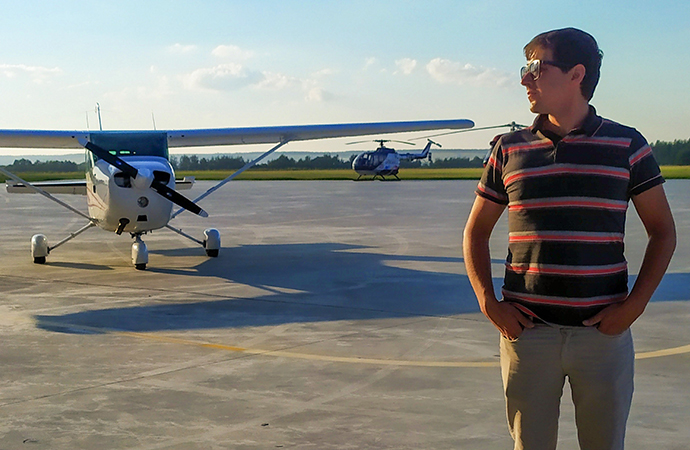Recreational pilots, know the basics of FAA medical certificates
Among the more common questions we receive from aspiring pilots are ones about FAA medical certification. For all prospective students looking into flight training, the medical certificate is the one thing that can end a flying career before it begins.
Who needs it
- If you’re a pilot who uses a plane for recreation, travel, and non-commercial purposes, you’ll need a 3rd Class Medical Certificate. Note: 1st class is for airline pilots, 2nd class is for other commercial pilots.
- 3rd class is the required medical certification for all PPL candidates, and it’s required before soloing in an airplane.
- Some of the reasons people are disqualified from getting their 3rd class medical certificate include diabetes, heart disease, angina, bipolar disorder, and other conditions
When to get it
- The FAA suggests you receive it before beginning flight training.
- Their rationale is hard to argue with: “This will alert you to any condition that would prevent you from becoming a pilot before you pay for lessons.”
- Renewal periods for your FAA medical certificate are every 24 months, or 60 months if under age 40.
How to get it
- Set up an appointment with an Aviation Medical Examiner near where you live.
- Ask specifically what to bring to the appointment. Missing records or other information can be a setback to getting your certificate.
- BasicMed is an FAA program that allows pilots to fly without an FAA medical certificate. Redbird Simulators (A Twin Cities Flight partner) offers a good summary.
What it costs
- Getting a 3rd class medical certificate often costs between $200 and $250.
- The FAA does not play any role in determining the fees, and cost variations depend on where you live.
- Special issuance medical exams are used for specific health conditions and may cost more.

